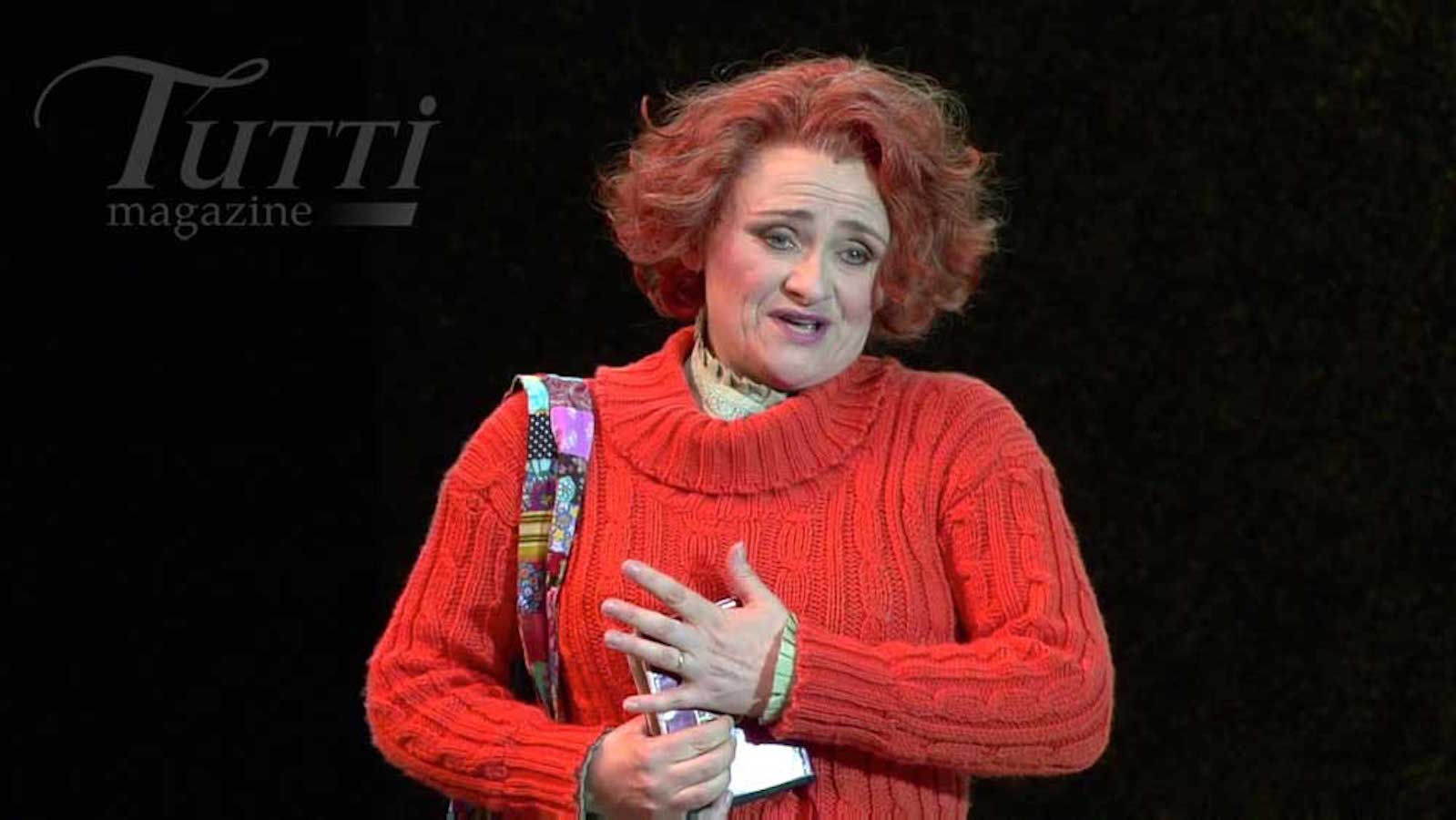Winner of the 1994 Kathleen Ferrier Award, Susan Gritton is one of the most accomplished lyric sopranos of her generation, acclaimed for her versatility in roles ranging from Handel and Mozart to Britten, Janacek and Strauss.
After studying botany at Oxford and London Universities she moved her avocational voice training up to a professional level, then took up singing as a career. She joined Graham Johnson in the International Songmakers’ series, and made extensive appearances in recital throughout England, especially in summer festivals, appearing at the Lichfield, Arundel, Aldeburgh, Cheltenham, Harrowgate, and City of London Festivals, as well as in the Salzburg Mozartwoche. In 1996 she was invited to appear three times in the BBC Henry Wood Promenade Concerts. One of her early festival appearances was at the Istanbul Festival where she sang the part of Blondchen in Mozart’s Die Entführung aus dem Serail in the city where the story is set.
The first few years in her operatic career were in smaller and character parts, such as the First Niece in Britten’s Peter Grimes, Frasquita in Bizet’s Carmen, Clarine and Thalie in Rameau’s Platée, Xenia in Mussorgsky’s Boris Godunov, Sister Constance in Poulenc’s Dialogues des Carmelites, the Mermaid in Weber’s Oberon, and Tiny in Britten’s Paul Bunyan. She sang Belinda in Purcell’s Dido and Aeneas at the Berlin Staatsoper, the Governess in Britten’s The Turn of the Screw and Lucia in Britten’s The Rape of Lucretia in the Aldeburgh Festival under Steuart Bedford’s direction, Susanna in Mozart’s Le Nozze di Figaro and Zerlina in Don Giovanni for the Glyndebourne Festival and Touring Operas.
Susan became known as a reliable recording artist early in her career. On the Tring label she sang the soprano part in Górecki’s Symphony No. 3 (Symphony of Sorrowful Songs), the part of Miss Wordsworth in the Collins Classics recording under Steuart Bedford of Britten’s Albert Herring, a set of Holst songs for the same label, Vivaldi’s Ottone in Villa on Chandos with Hickox conducting, several Purcell discs, sacred music of Handel and Handel’s Deborah and Occasional Oratorio with the King’s Consort on Hyperion, and, on Deutsche Grammophon, Handel’s Solomon (as the Queen of Sheba) and Messiah as well as Beethoven’s little-known Vesta’s Feuer.
